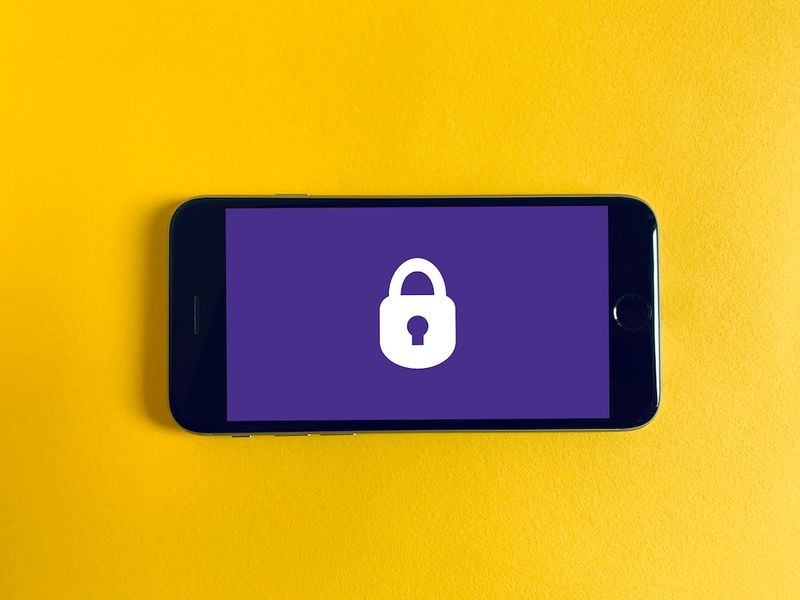Pro-Russian Hackers Continue Targeting Ukraine Amid Counteroffensive
Pro-Russian hackers have been intensifying their cyber attacks on Ukraine as the conflict between Ukraine and Russian forces escalates. Ukrainian cybersecurity official, Victor Zhora, stated that the hacker activity is still very high and focused on Ukrainian service providers, media, critical infrastructure, and government networks. Zhora expects the pace of these operations to increase even further. However, it is unclear whether these operations are having a significant impact on Russian forces in Ukraine, as some of the attacks seem aimed at creating the impression of widespread hacking activity.
One recent example is the hacktivist group Killnet, which claimed to have attacked key European financial institutions, including IBAN and SWIFT. However, there was no evidence to suggest that the attacks actually disrupted these institutions. The European Central Bank and SWIFT both stated that their systems were running normally. This incident highlights the potential for misinformation and false claims in the cyber domain.
Beregini Leak and Hack-and-Leak Operations
Another example is the pro-Russian hacking group Beregini, which posted a document allegedly prepared by U.S. Defense Department officials discussing efforts to speed up deliveries of air defense systems to support Ukraine. While the document’s authenticity could not be verified, its publication underscores the use of hack-and-leak operations as a key tool in the information domain of the conflict. Cybersecurity experts and researchers are increasingly noting the prevalence of hack-and-leak operations as a means of influencing public opinion and spreading disinformation.
Russian Hackers and Changing Tactics
The report also highlights the continued operations of state-backed Russian hackers in Ukraine. Microsoft recently identified a new Russian military intelligence (GRU) hacking unit called “Cadet Blizzard,” which carries out destructive malware attacks, hack-and-leak operations, and intelligence collection. A group known as Shuckworm (or Gamaredon) has also been targeting Ukrainian security services, military, and government organizations.
According to Sean Townsend, spokesperson for the Ukrainian Cyber Alliance, the GRU has made noticeable changes in tactics since the Russian invasion, including greater coordination with hacking groups serving as fronts. These groups are either direct participants in state activity or conduits through which government-operated hacking campaigns disseminate information. The shifting tactics of these hackers demonstrate their adaptability and ongoing efforts to undermine Ukraine‘s defenses.
Analysis and Conclusion
The ongoing cyber operations in Ukraine highlight the evolving nature of cyber warfare and the increasing use of hack-and-leak operations as a tactic. As the conflict between Ukraine and Russia continues, it is crucial for both governments and private sector entities to enhance their cybersecurity measures to protect against attacks. Distinguishing between different pro-Russian hacker groups is becoming more critical, and intelligence agencies and research teams are improving their ability to identify and analyze these threats.
While the current phase of the conflict has seen a more strategic approach from the hackers, the pace of activity remains consistent. There is a suggestion that high-powered and well-resourced actors, known as Advanced Persistent Threats (APTs) in the cybersecurity industry, may be supporting these operations carried out through front groups. This further emphasizes the sophistication and magnitude of the cyber threats facing Ukraine and the need for a robust cyber defense strategy.
It is also worth noting the broader implications of cyber warfare and the potential for misinformation and disinformation campaigns. The prevalence of hack-and-leak operations poses challenges for governments, media outlets, and the public in verifying the authenticity and accuracy of leaked documents. Critical thinking and skepticism are crucial in navigating the information landscape during such conflicts.
The current situation in Ukraine serves as a reminder that cyber attacks are an integral part of modern warfare, with significant implications for national security and international relations. Governments and organizations must remain vigilant and prioritize cybersecurity to protect against these evolving threats.

<< photo by Sigmund >>
The image is for illustrative purposes only and does not depict the actual situation.
You might want to read !
- Bridging the DNS Security Awareness Gap
- Security LeadHER Empowers Women in Security with Inaugural Conference: A Paradigm Shift in the Industry
- The Rise of the Infrastructure Security Engineer: Navigating Complexity and Demand
- Unveiling the Third MOVEit Transfer Vulnerability: Progress Software’s Security Breach Woes Continue
- Digital Dangers: Unveiling the Risks of Microloan Apps in the Middle East and Africa
- The Rise of Killnet: An Impending Threat to Global Banking Security
- How Sophisticated Cybercriminals Are Exploiting Synthetic Security Researchers for IP Theft
- China Denies Hacking Allegations, Accuses US of Cybersecurity Industry Targeting




